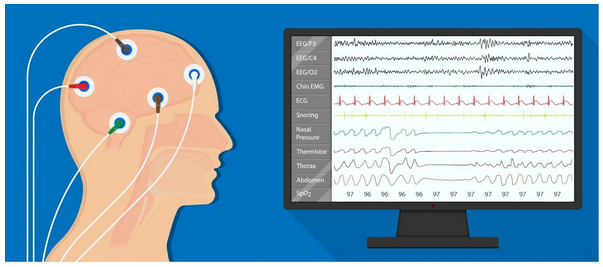qEEG works by placing small electrodes on the head to record brain activity. These electrodes measure neural impulses produced by neurons, the cells in the cerebrum that communicate with each other. The information gathered is then processed and presented as a series of patterns. Each type of brainwave—such as α, β, delta, and theta—relates to various mental states and functions. For instance, alpha waves are commonly associated with relaxation, while β oscillations are linked to active thinking and issue resolution. By analyzing these trends, healthcare providers can identify abnormalities that may suggest psychological health issues.

One of the significant benefits of qEEG is its ability to provide objective information. In contrast to conventional assessments that rely on subjective accounts from clients, qEEG provides a clear picture of brain function. This objectivity can assist reduce prejudices in diagnosis and lead to more accurate intervention strategies. For example, if a client is facing anxiety, qEEG can reveal specific patterns of neural function that are associated with stress conditions. This information allows mental health professionals to customize treatments more efficiently, whether it be through therapy, medication, or other treatments.
Additionally, qEEG can be especially useful in tracking intervention advancement. By performing qEEG evaluations at different points during therapy, clinicians can track variations in neural function over period. This continuous assessment assists determine whether a treatment is working or if modifications are required. For instance, if a client is not reacting to a specific treatment, qEEG may indicate that their neural function has not changed in a way that indicates improvement. This feedback loop can lead to more customized and effective psychological health treatment.
In summary, qEEG cerebral mapping is a powerful tool in the field of mental health assessment. By providing objective data about brain activity, it improves the understanding of various psychological health disorders. This technique not only aids in accurate diagnosis but also helps in monitoring treatment effectiveness. As mental health professionals continue to explore the capabilities of qEEG, it holds promise for improving the well-being of individuals dealing with psychological health issues. With continuous research and advancements in technology, the mysteries of click here to find out more the mind may become more apparent, resulting to better results for those in requirement of assistance.